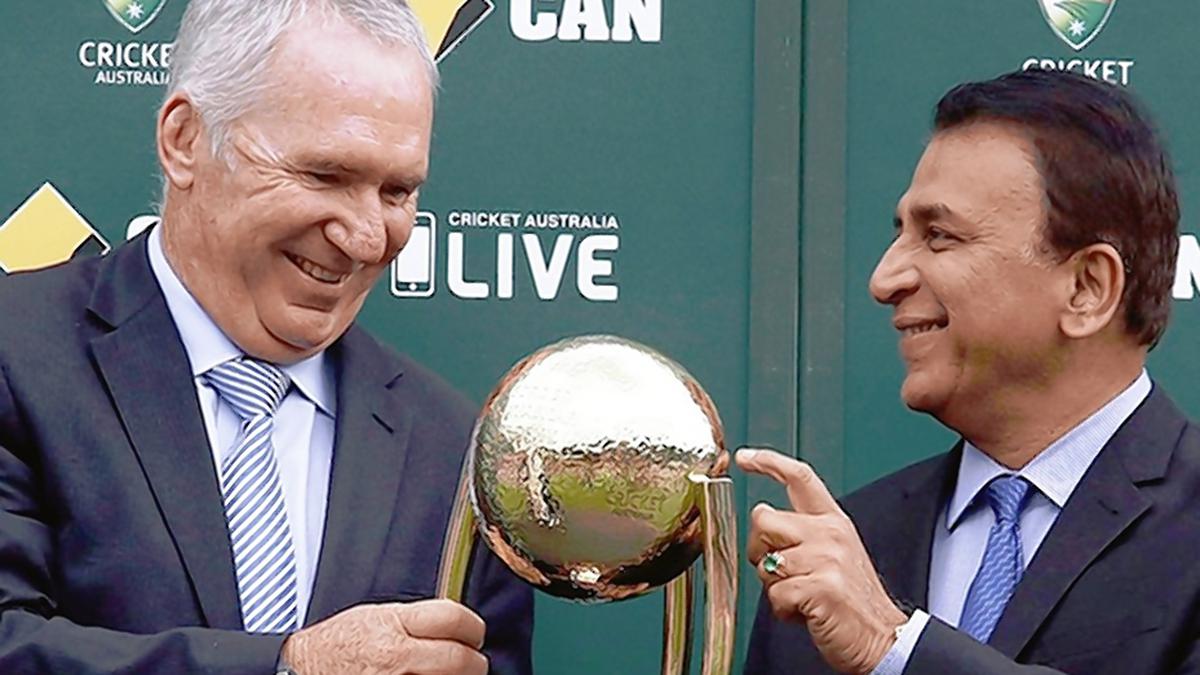
An India-Australia series is about cricket, there’s no baggage
The Hindu
It has always been different with Australia. There is a purity to India-Australia cricket that is mi
It has always been different with Australia. There is a purity to India-Australia cricket that is missing from series against other teams. With others, from England to Pakistan, there is the baggage of politics, religion, ethnicity, or culture. With Australia, the focus has been the cricket; the game is not part of a larger narrative. Cricket has stood for itself and not as a vessel for other emotions and sentiments.
Australia were the first country Independent India toured, three months after the tricolour was raised. Decades before that, soldiers from the two countries fought on the same side in the first World War at Gallipoli and the Far East. As India’s coach Rahul Dravid pointed out in his superb Bradman Oration of 2011, “Before we were competitors, Indians and Australians were comrades.”
Gallipoli (in Turkey) might have been a disaster for the Allies, but as one historian put it, the national character of Australia and New Zealand were forged on its beaches.
Melbourne-born all-rounder Frank Tarrant was called “India’s oldest cricket friend” by a London newspaper in the 1930s. Tarrant organized an Australian tour of India for the first time in 1935-36, having earlier helped prepare the Indian team for the inaugural home Test and series against England. He also umpired in the first two Tests. Jack Ryder, Don Bradman’s first captain, led on that first tour, a private one.
In an excellent biography of Tarrant, Australian writer and Indophile, Mike Coward has written, “Ambitious and driven, he foresaw that India was destined for greatness as a cricket nation and implored the authorities in Australia to open their minds to the inevitability of a paradigm shift in the cricket world.”
Coward also wrote a lyrical book on cricket in the subcontinent. Interestingly, two of the more interesting books on Indian cricket were also written by Australians. While Edward Docker’s History of Indian Cricket (published in 1976) focused on the politics, Richard Cashman’s The Phenomenon of Indian Cricket (1980) explored the cultural and sociological aspects of the game in India.
The great Duleepsinhji might not have played for India, but after his playing career, he served as the High Commisioner to Australia in 1950.













